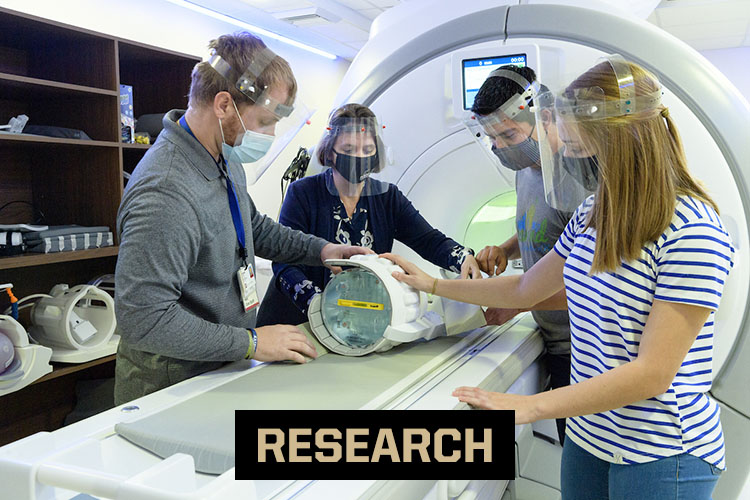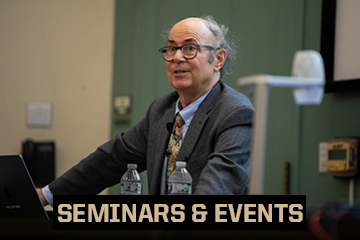News
Purdue Physics and Astronomy’s Valentin Walther wins DoE Career Award
The U.S. Department of Energy (DoE) is investing $875,000 in pioneering quantum-materials research led by Assistant Professor Valentin Walther, who holds a joint appointment in chemistry and physics at Purdue University.
National Academy of Inventors names 3 Purdue faculty as 2025 fellows
Three Purdue University faculty members, representing the College of Engineering, the Mitch Daniels School of Business and the College of Science, have been named fellows of the National Academy of Inventors (NAI), the organization announced Thursday (Dec. 11). Purdue Physics and Astronomy's David Nolte was one of the three faculty members.
Quantum Corridor, Toshiba Demonstrate First Cross-State Quantum Key Distribution Over Live Commercial Metro Fiber Network
AP — Quantum Corridor, in collaboration with Toshiba International Corporation and partners, today announced the successful demonstration of quantum-secured communication over a live metropolitan fiber network connecting Tier III data centers in Illinois and Indiana—an achievement that marks a critical step toward building a commercially scalable, quantum-safe internet for the United States. PhysAstro's Michael Manfra was quoted in the article.
Purdue Physics and Astronomy faculty years of service celebrated at recent luncheon
Purdue University recognized more than 300 faculty members for their years of service during a celebratory luncheon Dec. 2. Faculty members were celebrated for service anniversaries ranging from 10 years to a remarkable 55. Eight faculty members in the Physics and Astronomy Department are celebrating over 10 years of service.
Whispers of Light: Purdue Physicists Build Collective Quantum Interface for Future Quantum Internet
Researchers at Purdue are finding new ways to make light and matter work together more efficiently. This would be a crucial step toward building the quantum internet of the future.
All Departmental News



